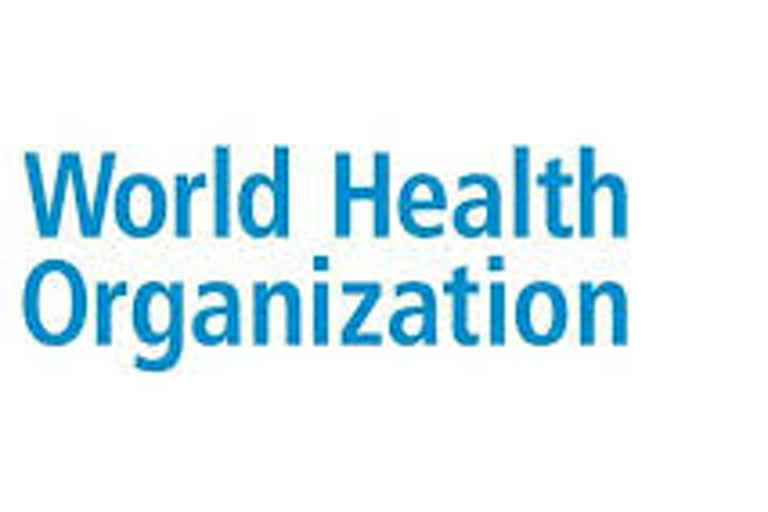New Delhi: Four out of every five people who require mental health services in the South-East Asia region are unable to access them, Dr. Poonam Khetrapal Singh, World Health Organisation Regional Director for South-East Asia, said on Saturday.
According to a survey by the World Health Organisation, the pandemic has disrupted critical mental health services in 93 per cent of the countries worldwide. World Mental Health Day is observed on October 10 every year, with the overall objective of raising awareness of mental health, global mental health education, awareness and advocacy against social stigma.
"The region has the lowest per capita number of mental health workers. By scaling up investments in quality mental health care, all countries in the region can significantly enhance mental health, well-being and resilience," said Dr. Khetrapal.
According to Dr Khetrapal, nearly one in 10 people have a mental health condition globally. Most mental health conditions can be effectively treated at a relatively low cost. And yet more than a quarter of the world's population lives in a country where there is less than one psychiatrist for every 100 000 people.
"The vast social and economic impact of Covid-19 highlights the critical need for all countries in the Region to invest in quality mental health care, which must be part of an overall increase in health spending," she added.
Dr. Khetrapal said that across the region, services for mental health care - including access to psychiatric medicines - have in recent months experienced significant disruptions, which WHO has been supporting member states to overcome through innovative service delivery models such as telemedicine and via novel ways of securing access to medicines such as door-step deliveries.
Also Read: WHO urges nations to plan efficient roll out of Covid vax
"WHO will continue to provide its full support to countries and partners in the Region to strengthen the provision of need-specific, culturally sensitive mental health care and treatments throughout the Covid-19 response and into the recovery and beyond, in line with its strategic preparedness and response plan, the region's flagship priorities, WHO's "triple billion" targets and sustainable development goals."
South-East Asia Regional Director added that with crisis comes opportunity, and we must seize this World Mental Health Day to accelerate progress on ensuring all people in the region can access the mental health care and effective treatments they require to stay healthy, well and resilient.
She said that most member states have developed national mental health policies that have been integrated into national health policies. Specific regional strategies on suicide prevention, autism spectrum disorders and the harmful use of alcohol continue to be rolled out, with a focus on strengthening services at the primary level and promoting multisectoral buy-in.
"The region continues to be a global leader in the provision of mental health and psychosocial support services in emergency settings, for which WHO's mhGAP Programme has proven particularly valuable. Access for all to need-specific, culturally sensitive mental health care following an acute event is vital to promoting a strong social and economic recovery and to ensure that mental health care is mainstreamed at all levels of service delivery."
IANS



